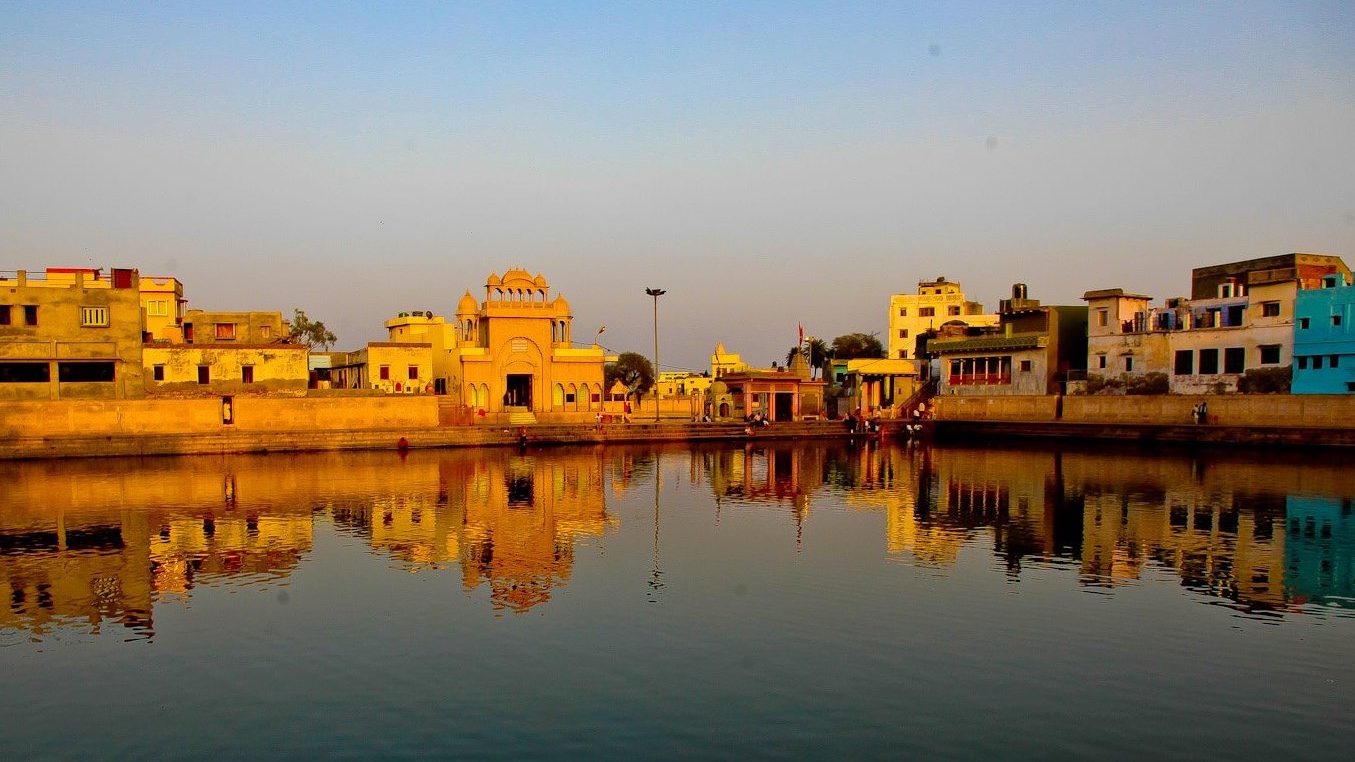
What does it mean to belong to God?
In one of the final verses (Verse 96) of his passionate and moving Vilāpa Kusumāñjali (Bouquet of Lamentations) Raghunātha Dāsa cries out in ecstasy:
I am Yours, I am Yours! I cannot live without You! O Goddess!
The ardent cry is directed at Rādhā, the lover of Kṛṣna, and therefore the source of the highest love in the world, the love for God. In the Bhakti tradition of Vaishnavism, the goal of life is service to this divine love, embodied through loving service in everyday life.
Of all the disciples of the diving loving pair Rādhā-Kṛṣna, Raghunātha Dāsa is known as the deepest and the most passionate. He wants so ardently to serve divine love that his very being merges with the loving energy of Rādhā, the Goddess of love.
In Bhakti, the path to transcendence is through devotional service, serving others in a way that recognises and honours the divine love in every soul. To love means to love from the heart, from the soul, not from the mind and the ego.
Continue reading
